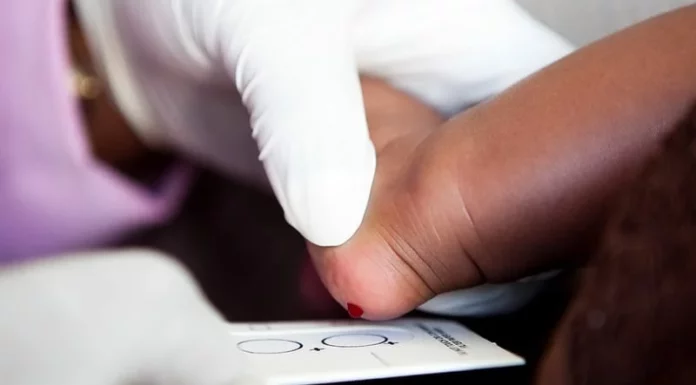Johannesburg – While HIV/Aids may no longer be a pandemic, like the current COVID-19, it is still very much an epidemic.
According to the South African National Aids Council (Sanac), South Africa has the biggest HIV (human immunodeficiency virus) epidemic in the world.
We account for a third of all new infections in Southern Africa, with about 7. 8-million people living with HIV.
But general practitioner Dr Sindisiwe van Zyl, who has a special interest in HIV, says there’s plenty to celebrate this World Aids Day in South Africa as they have managed to bring down the numbers of new infections and put many people on lifelong antiretroviral treatment.
“More and more people are living long healthy lives with HIV,” she says.
Statistics SA reports that many young people are still falling prey to the virus particularly ages between 15 and 49, with 18.7 of this population testing positive.
Van Zyl says young girls are of concern because of transactional sex and intergenerational relationships.
“Financial pressure places them at risk of being in sexual relationships where they have no power to negotiate safer sex.”
Young women aged 15–24 years are twice as likely to be living with HIV than men. Sanac agrees that most women, especially in sub-Saharan Africa, are the most marginalised in the world due to religious, cultural and patriarchal practices, as most women in these communities have little or no power to negotiate safer sex.
Also read: World Aids Day: SA urged to intensify fight against HIV
Although a COVID-19 vaccines are being developed, there is still no vaccine for HIV/Aids, which was first reported in 1981 as a disease.
Breakthrough But many positive strides have been made. Wits University announced a breakthrough just last week.
An injectable drug, cabotegravir, emerged from the HIV Prevention Trials Network, a clinical trial implemented by the Wits Reproductive Health and HIV Institute.
The trial included more than 3 000 cisgender women at risk of HIV from sub-Saharan African countries including Botswana, Uganda, Kenya, Malawi, Swaziland and South Africa. This single injection provides discrete protection from HIV infection for up to eight weeks.
“The two-monthly HIV prevention injection could also be a game changer if it is combined with the two-monthly pregnancy prevention injection. These developments are important because they would truly allow women to hold the power over their bodies,” Sanac CEO Dr Thembisile Xulu said about these developments.
There is no special diet that one needs to follow except to eat the right food.
A good diet includes fruit and vegetables, unsaturated oils, starchy foods, protein like beans, nuts, fish and meat and dairy products.
Food that are high in fat and sugar should be eaten less often and in small amounts.
Follow @SundayWorldZA on Twitter and @sundayworldza on Instagram, or like our Facebook Page, Sunday World, by clicking here for the latest breaking news in South Africa. To Subscribe to Sunday World, click here.
Sunday World



